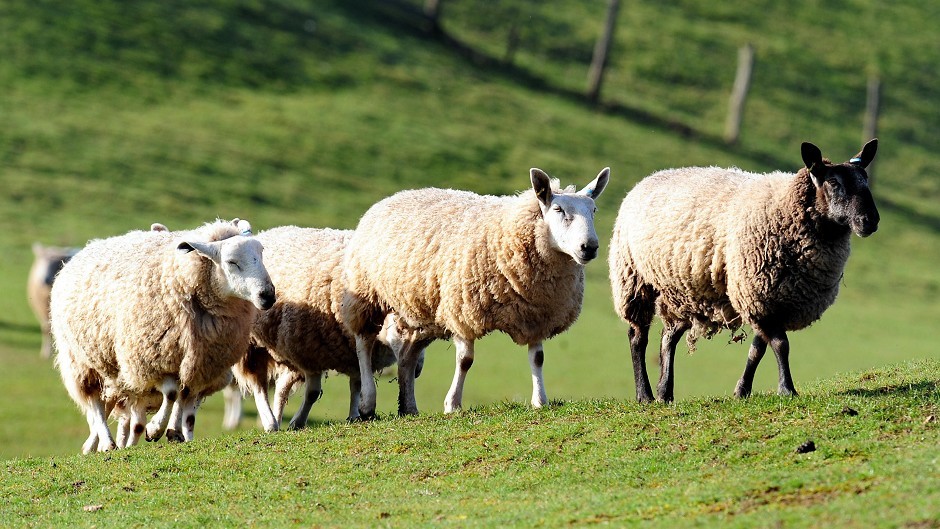Livestock farmers and vets across the Highlands have won their battle to retain vital veterinary disease surveillance facilities in Inverness.
SRUC, which operates a veterinary disease surveillance centre in the Highland capital on behalf of the Scottish Government, yesterday confirmed the service would continue.
Last year the rural college held a consultation into the future of the Inverness site. It had planned to close the centre, which could have resulted in producers from the Highlands and islands having to take animal carcases for post-mortem to centres in either Thurso, Perth or Aberdeenshire instead.
The plans were met with fierce opposition by the farming community and veterinary profession – a group of 20 vets from the region spoke out and said they were not prepared to carry out post-mortems on farms instead, which was an option proposed by SRUC if the centre was to shut.
Mike Wijnberg – the managing director at SAC Consulting, which is part of the SRUC – yesterday confirmed surveillance facilities in Inverness would be maintained, but tailored to better suit the region.
“In Inverness SRUC will invest in a new post mortem facility for the region. It was clear that local stakeholders felt we needed to maintain a facility in the Inverness area and so we revised our plans to ensure we could support local requirements,” said Mr Wijnberg.
“The new post mortem facility is expected to be ready by the middle of 2017. The Drummondhill site will be placed on the market shortly, but the veterinary services team will continue to work from there until the new site is ready. Staff working at the centre are aware of the redeployment, retraining and relocation opportunities available.”
He also confirmed that SRUC research and SAC Consulting staff at the Inverness site were in the process of moving to An Lòchran – a new state-of-the-art facility on the Inverness campus of the University of the Highlands and Islands – and said the Scottish Marine Animal Strandings Scheme would also continue to operate from Inverness.
The news was welcomed by farmers and vets.
NFU Scotland chairman for the Highlands region, Jim Whiteford, said: “I am delighted with the decision which recognises the campaign waged by livestock keepers across the Highlands to save this precious service. We have got what we wished for and it is now up to farmers, crofters and vets to make full use of this excellent resource.”
British Veterinary Association (BVA) Scottish branch president, Grace Webster, said: “We are pleased that the concerns of veterinary surgeons have been heard. Maintaining good access to diagnostic services and feasible carcase collection as well as a coordinated network of disease control and surveillance is of immense importance to veterinary surgeons and farmers, particularly those working in remote areas, in order to safeguard animal health and promote animal welfare.”
